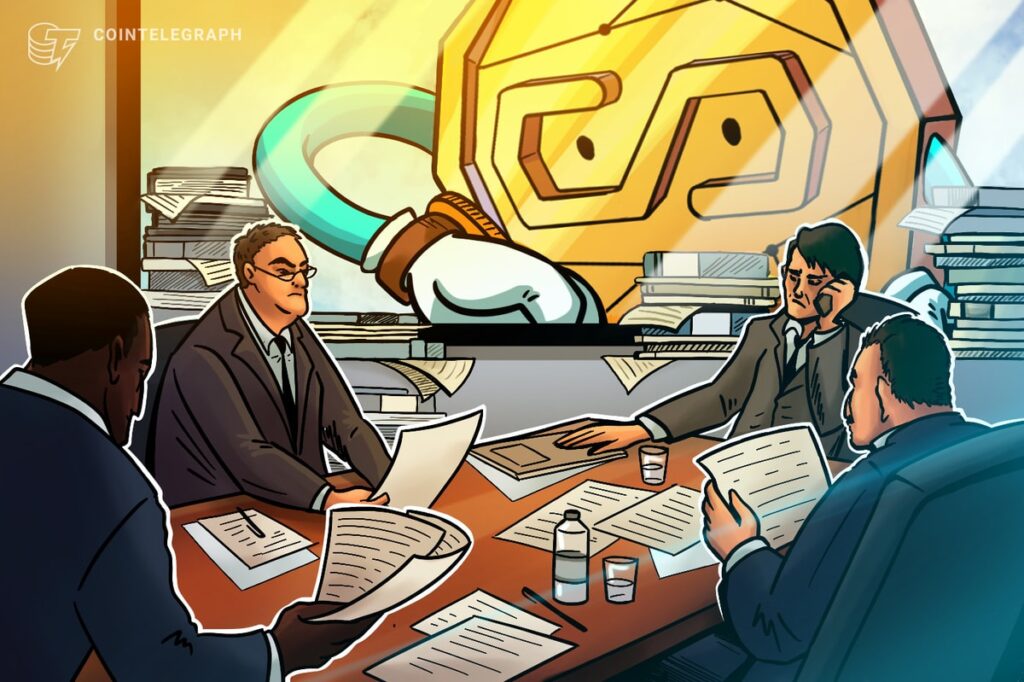Amid renewed threats of war, continued sanctions, and bolivar hyperinflation, Venezuela’s dependence on USD-pegged stablecoins could deepen further.
Earlier this week, the Pentagon deployed a state-of-the-art aircraft carrier to the Caribbean Sea near Venezuela after President Donald Trump signaled plans to launch military strikes against drug cartels operating across South America.
President Trump has accused Venezuelan cartels of smuggling illegal drugs into the United States and fueling the opioid and drug epidemic. Venezuelan President Nicolas Maduro dismissed the claims and implored Trump not to go to war.
Just before: 🇻🇪🇺🇸 Venezuelan President Nicolas Maduro has said he does not want war with the United States.
“Please stop this crazy war… Please, please, please.” pic.twitter.com/d3XwzEiGsY
— BRICS News (@BRICSinfo) October 24, 2025
This could lead to further economic instability for everyday Venezuelans who rely on stablecoins like Tether (USDT) to protect their hard-earned savings from evaporating amid triple-digit inflation in the bolivar currency.
Stablecoins, or “Binance dollars” as many Venezuelans call them, have also become widely used for everyday payments as US dollar reserves across the country dwindle.
The Venezuelan government is also relying on stablecoins to facilitate oil trade with allies including Russia, formalizing a strategic partnership on Monday.
The New York Times reported last Sunday that President Maduro had succeeded in “replacing Venezuela’s economy on stablecoins,” making the country perhaps the first country to control a large portion of its finances in cryptocurrencies.
The New York Times reported that stablecoins “now account for up to half of the hard currency legally flowing into Venezuela’s economy.”
Venezuela ranks 4th in Latin America for cryptocurrency adoption
Due to triple-digit inflation and sanctions, Venezuela ranks as the fourth-largest cryptocurrency country in Latin America with $44.6 billion in receipts from July 2024 to June 2025, crypto analysis platform Chainalysis reported earlier this month.
It was followed only by Brazil, Argentina and Mexico, which have larger populations than Venezuela.
Venezuelan politicians are using cryptocurrencies to protect their assets
One of the most notable adopters of cryptocurrency in Venezuela is former Venezuelan presidential candidate Maria Colina Machado, who is using Bitcoin (BTC) to protect her assets from seizure.
She was awarded the Nobel Peace Prize earlier this month for her fight to restore democracy in Venezuela and her peaceful resistance to Maduro’s dictatorship.
For the first time in history, the Nobel Peace Prize has been awarded to a Bitcoiner.
Congratulations to Maria Colina Machado and also @HRF for continuing to explain to the world what is so obvious to so many.
Bitcoin is a human right pic.twitter.com/92cHOieeEb
— Jeff Park (@dgt10011) October 10, 2025
Related: Javier Millay’s crypto-friendly party wins Argentina midterm elections
Since President Maduro took power in 2013, nearly 8 million Venezuelans have fled the country due to hyperinflation, food and medicine shortages, and unrest.
Many people lost access to their bank accounts, forcing citizens to rely on cryptocurrencies and stablecoins like USDT to preserve value and move whatever wealth they held outside of Venezuela.
Magazine: Cliff bought two homes with a Bitcoin mortgage: Smart…or insane?


